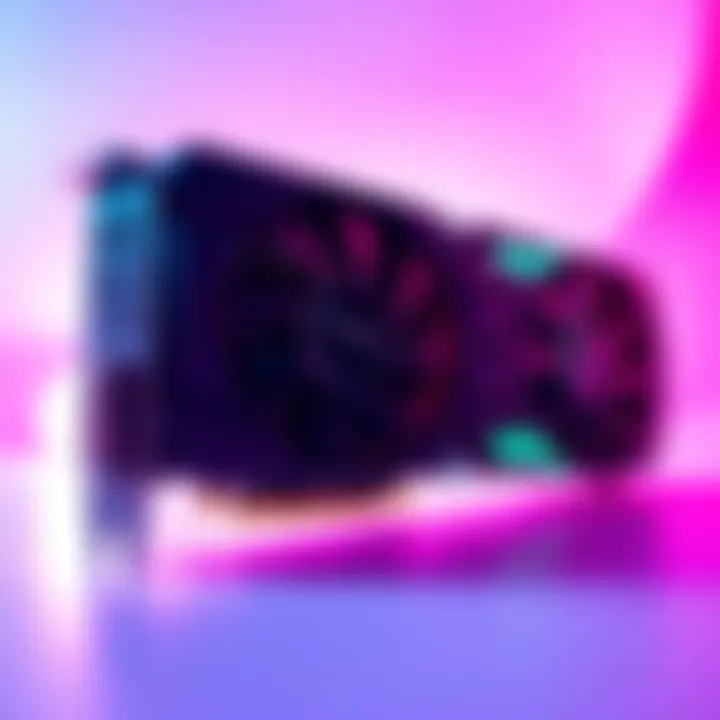RTX 5080 Super Specs Make Waves | Crowds React to 10752 CUDA Cores and Pricing Controversy
Edited By
Tanya Melton

The announcement of the RTX 5080 Super has stirred discussions among the gaming community. Set for release with 10752 CUDA cores, a 256-bit memory bus, and 24GB of 32Gbps GDDR7, its 400W+ TDP raises eyebrows – especially about its pricing and market positioning.
Speculation Around Price Tags
Amid the buzz, many gamers are expressing doubts about the card's pricing strategy. One comment humorously pointed out, "Wait till you see the funniest number of them all. The one on the price tag." It hints at concerns over how high Nvidia might set the price amid fierce competition.
Observations on RAM and Performance
Higher memory specs are part of the appeal, with comments noting that the new graphics cards will feature double the RAM of some current systems.
"New graphics cards have double the RAM my computer has," shared a user, emphasizing the shift in tech standards.
Some users argue that increased VRAM might benefit lower-end cards like the 5060 and 5070, not necessarily the 5080. A critical take from a user states, "The performance uplift this gen was not good just the vram size."
Implications of the New Design
The addition of 8x 3GB VRAM modules instead of 2GB is also a talking point, leading to speculation about increased power draw and performance boosts.
A user wrote, "So it's basically a 5080 with 8 more gigs of vram?" reinforcing the sentiment that while the specs are impressive, they may not significantly impact existing power users.
Pricing Dilemmas and Availability
As speculation builds around pricing, one commenter summed up the collective sentiment: "If Nvidia launches this at the same price as the 5080 it would be a pretty good card." However, doubts remain about actual availability at that MSRP, as general market conditions often lead to inflated prices beyond initial estimates.
Key Observations
⚡ 10752 CUDA cores set to redefine performance standards.
📉 Concerns about pricing amidst current market trends.
💡 Potential impacts on lower-tier cards regarding VRAM specifications.
Curiously, while some see this announcement as a solid step for Nvidia, others remain skeptical of the value it brings for gamers looking for actual performance enhancement over previous generations.
As Nvidia prepares for its next launch, conversations will likely heat up. Will the RTX 5080 Super meet performance expectations without breaking the bank? Only time will tell.
What Lies Ahead for Nvidia's RTX 5080 Super?
Experts predict that Nvidia's RTX 5080 Super will hit the market with a price tag around $1,200, given the current competitive landscape. There's a strong chance that this card will face immediate scrutiny, especially if the pricing exceeds expectations without substantial performance gains. With the GPU market in a state of flux, analysts estimate an approximate 60% probability that earlier-model scalpers could flood secondary markets, causing price hikes beyond the Manufacturer's Suggested Retail Price (MSRP). As e-sports demand soars, gamers expect more from hardware upgrades, and any misstep could damage Nvidia's reputation as a leading authority.
Lessons from Audio History
Consider the evolution of CD technology in the 1980s. Initially perceived as revolutionary, early adopters faced many hurdles, including high prices and limited product availability. Yet, with time, companies learned to adjust their pricing strategies and tech offerings, leading to CD players becoming household staples. Similarly, Nvidia may have to rethink its marketing strategies and pricing schemes to maintain its position amid fierce competition. The journey from niche tech to mainstream must be handled carefully if they want to avoid alienating potential customers during this critical launch.
